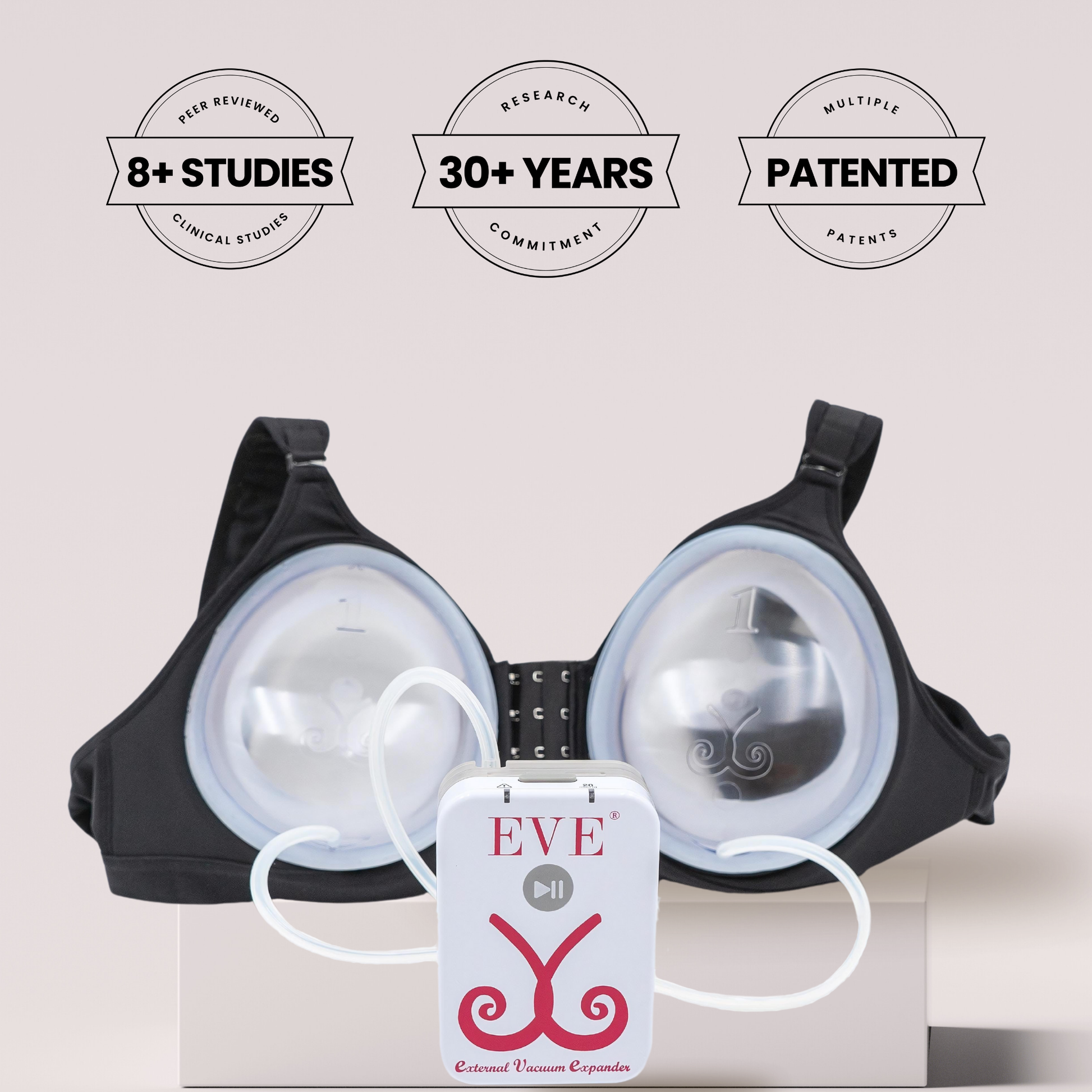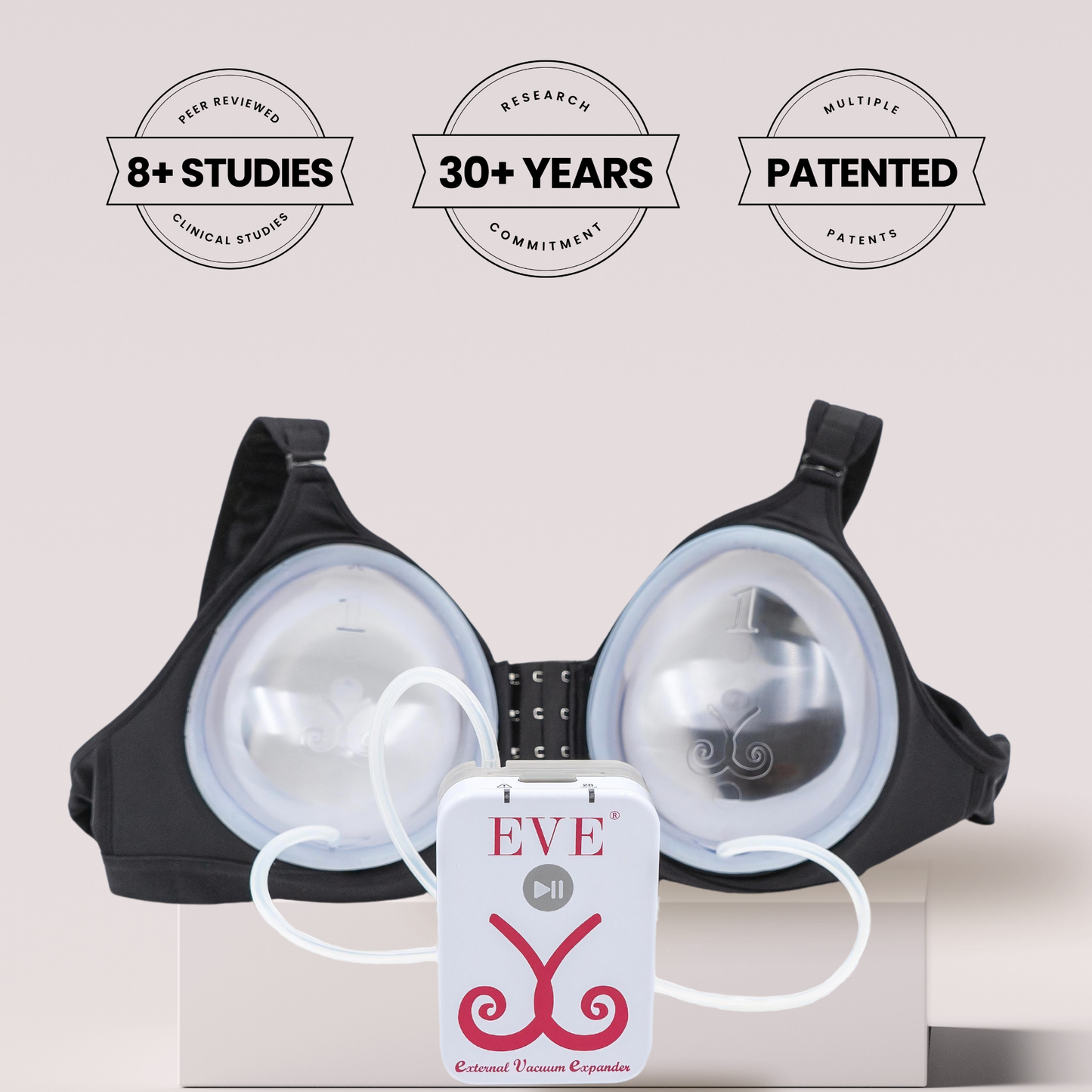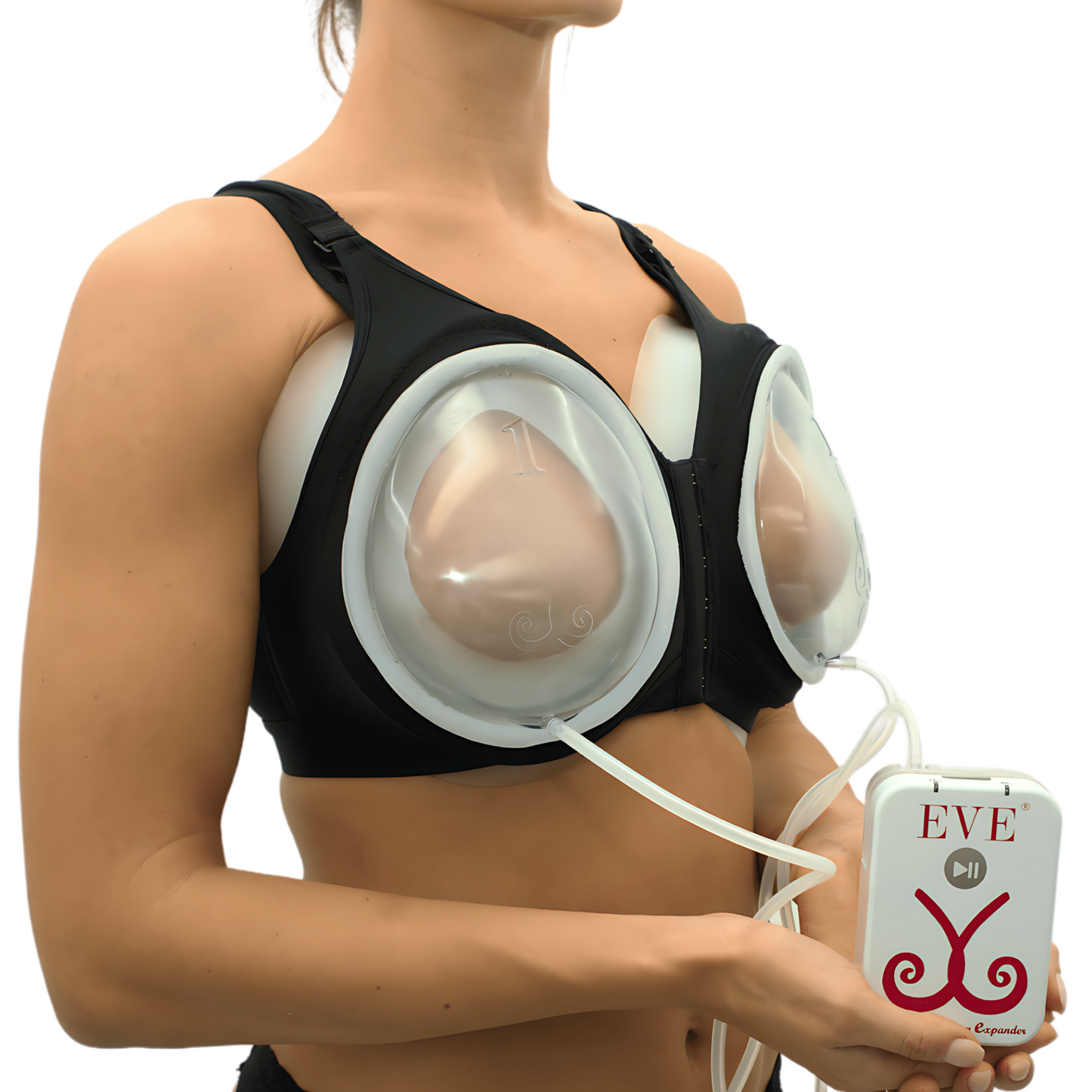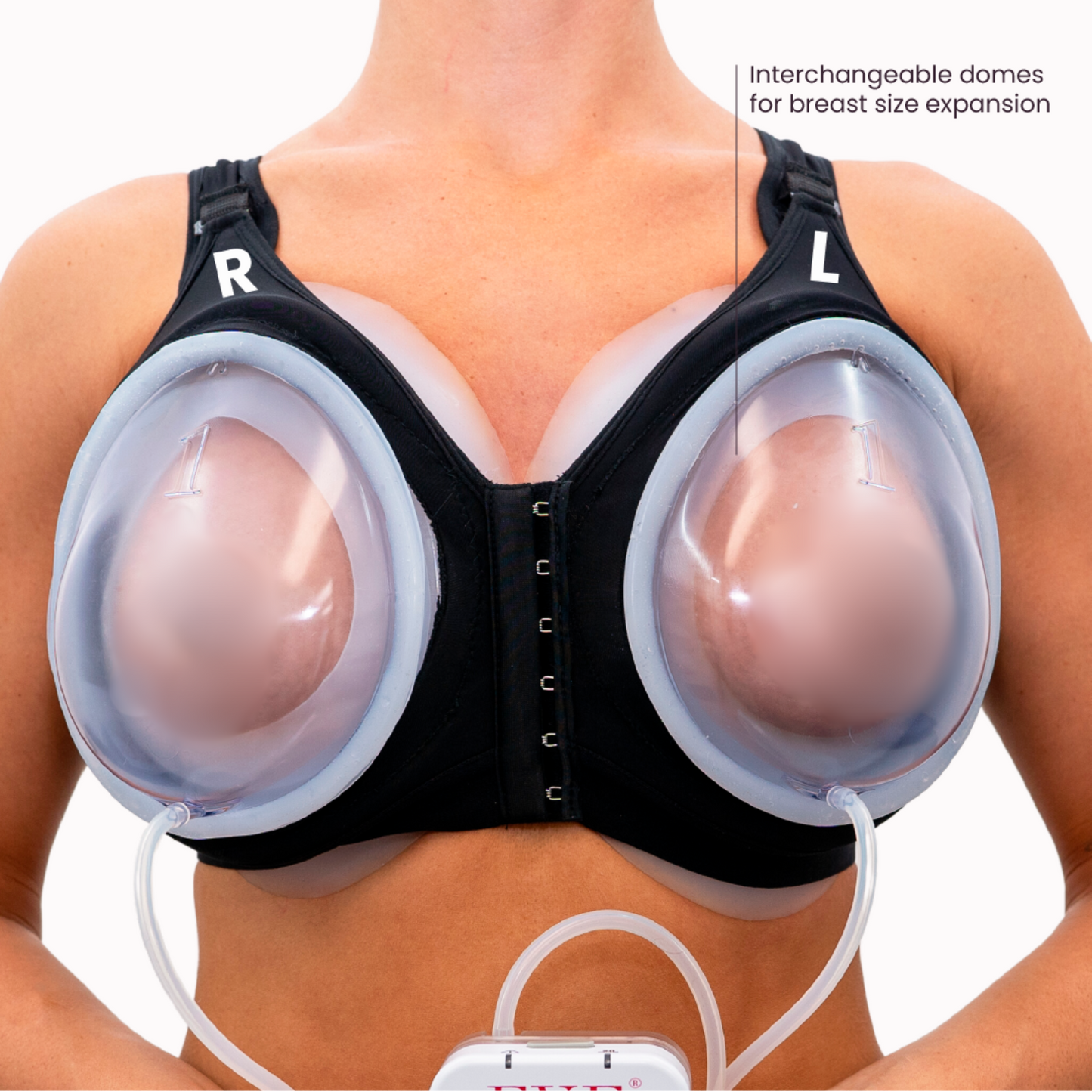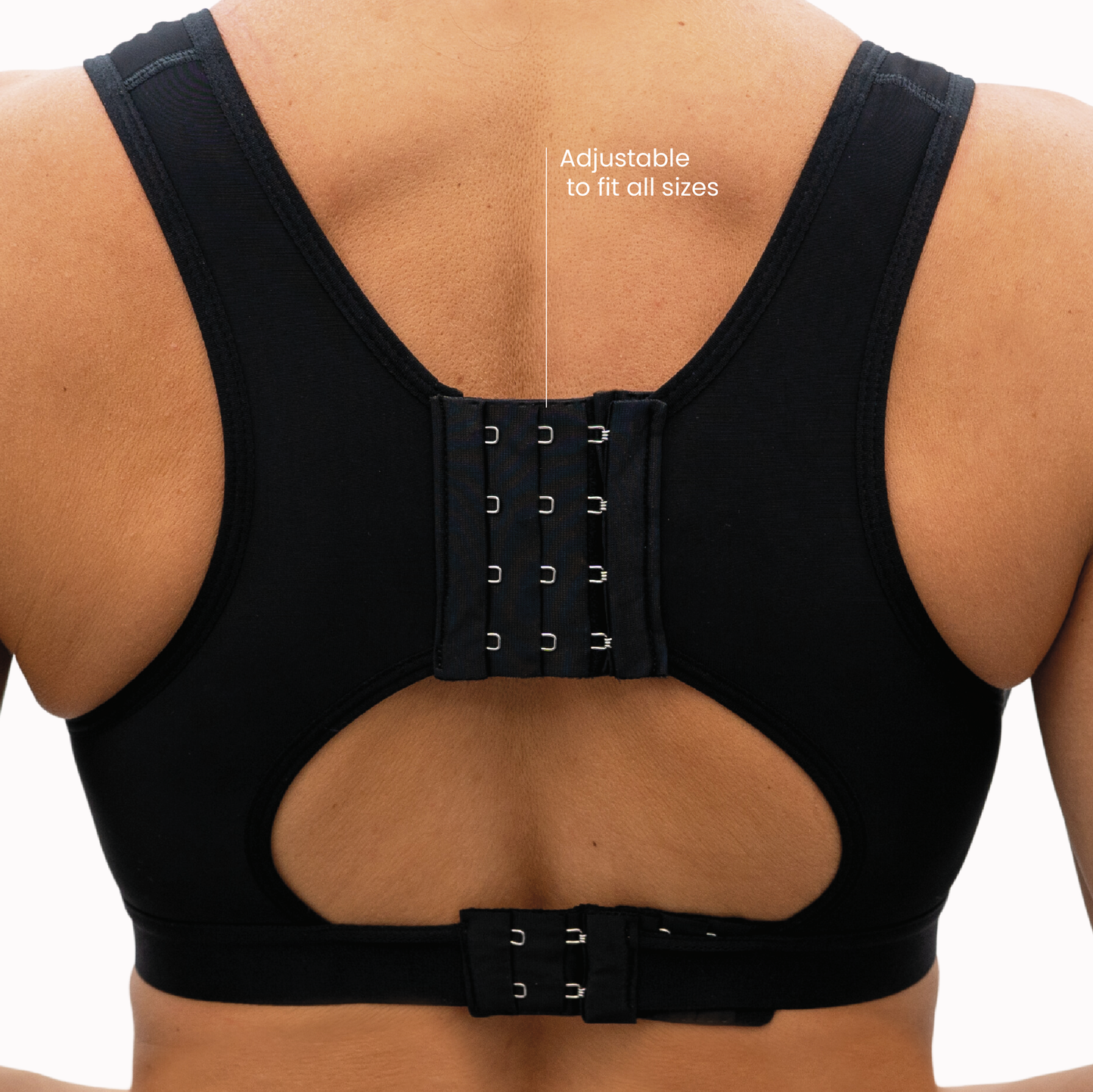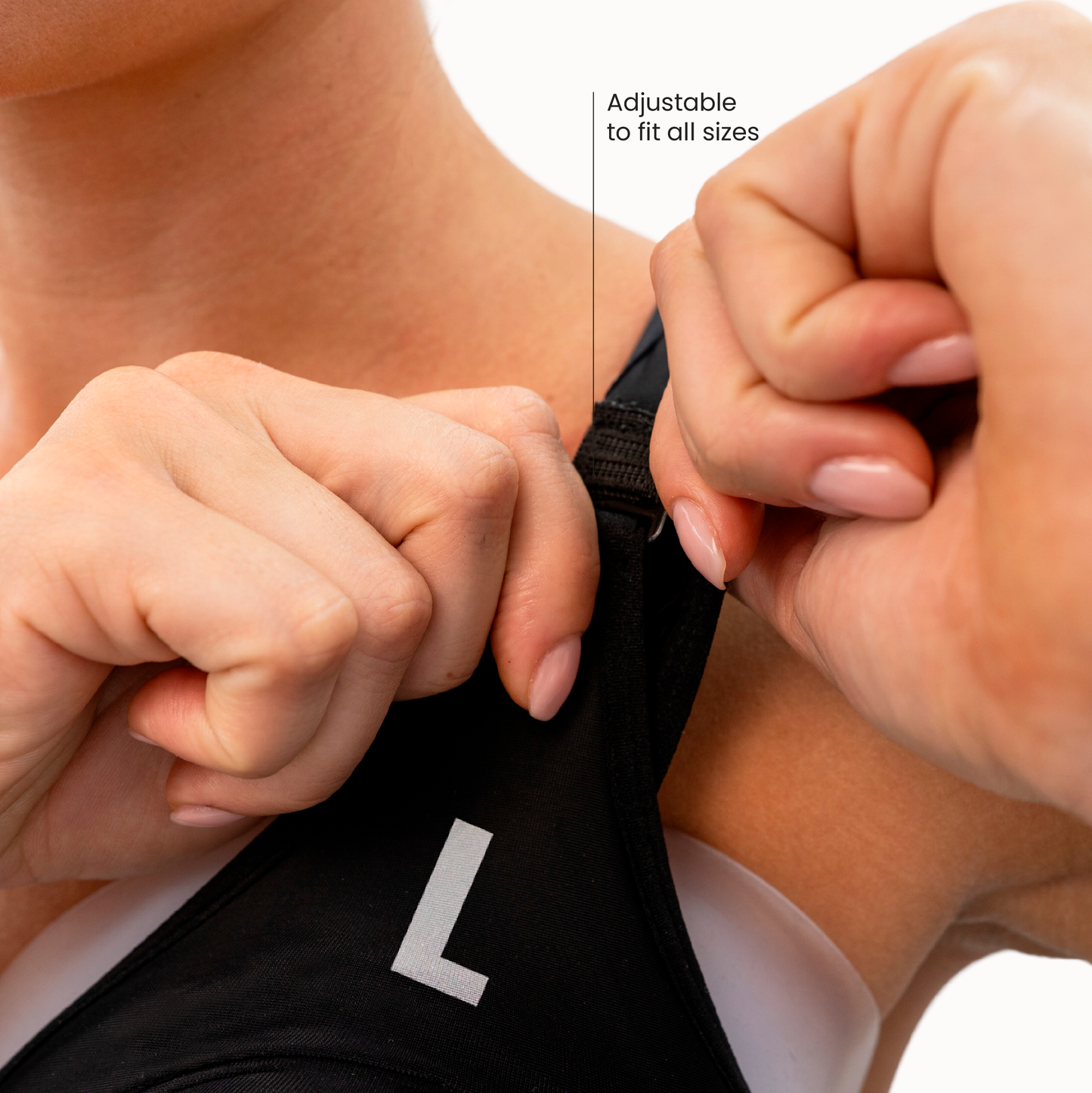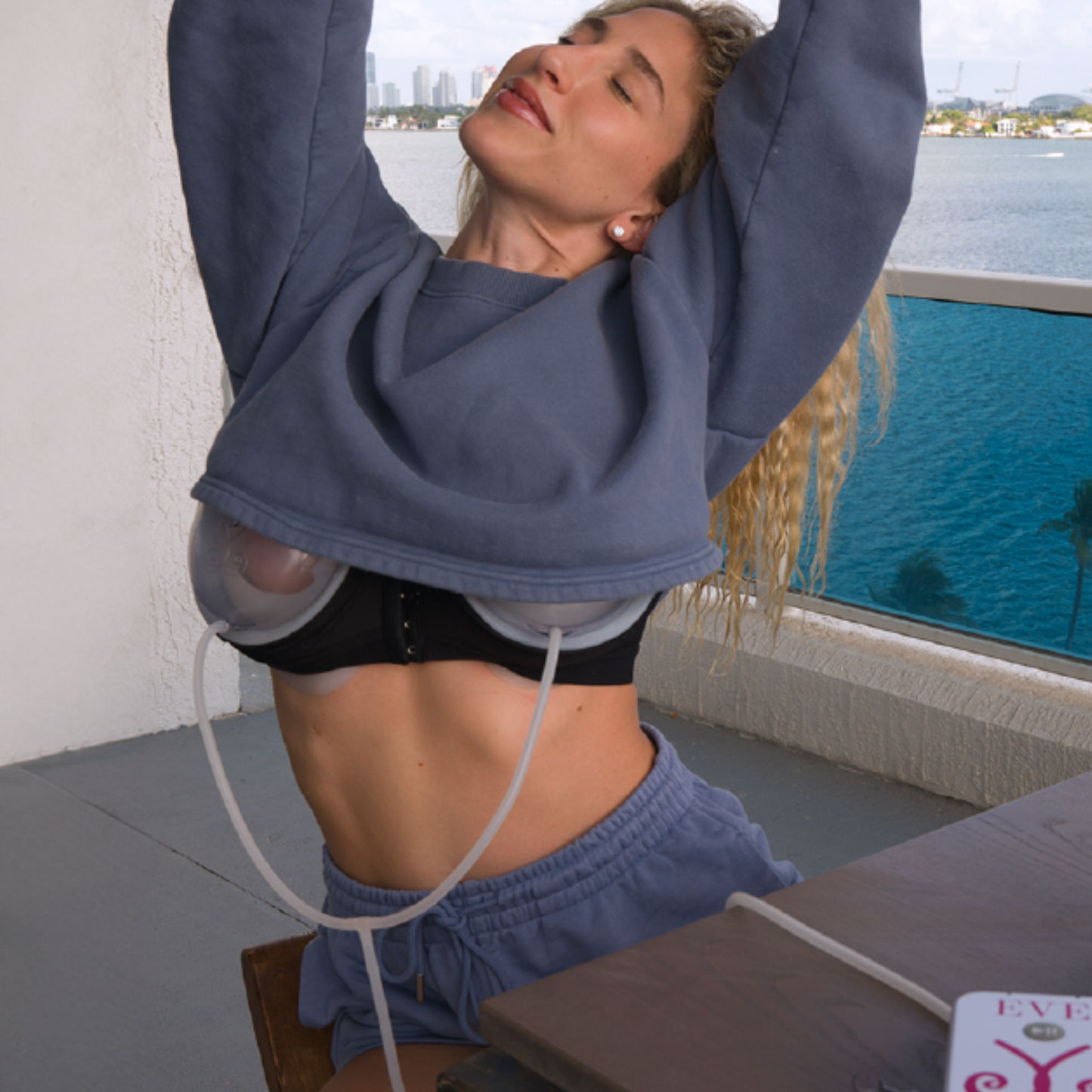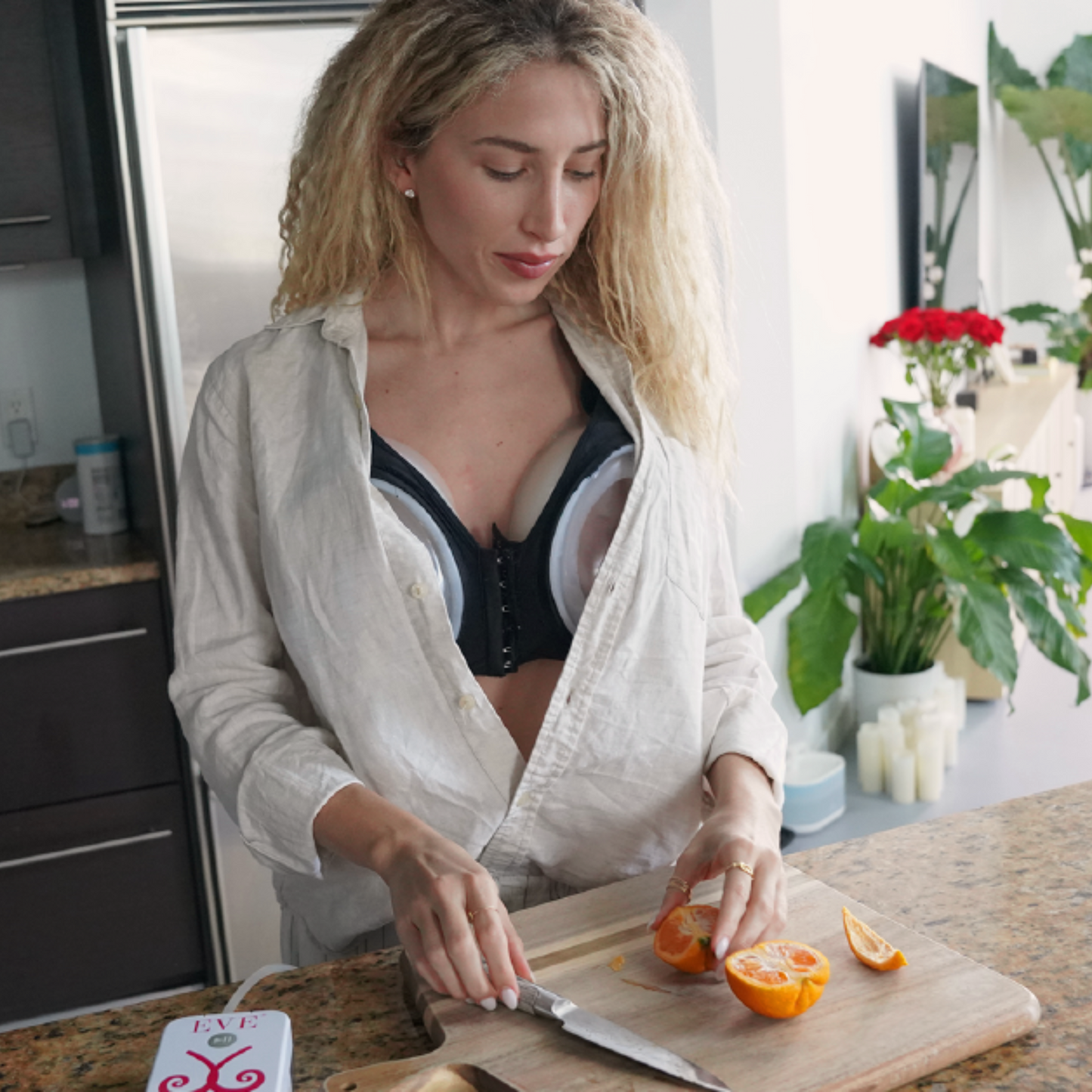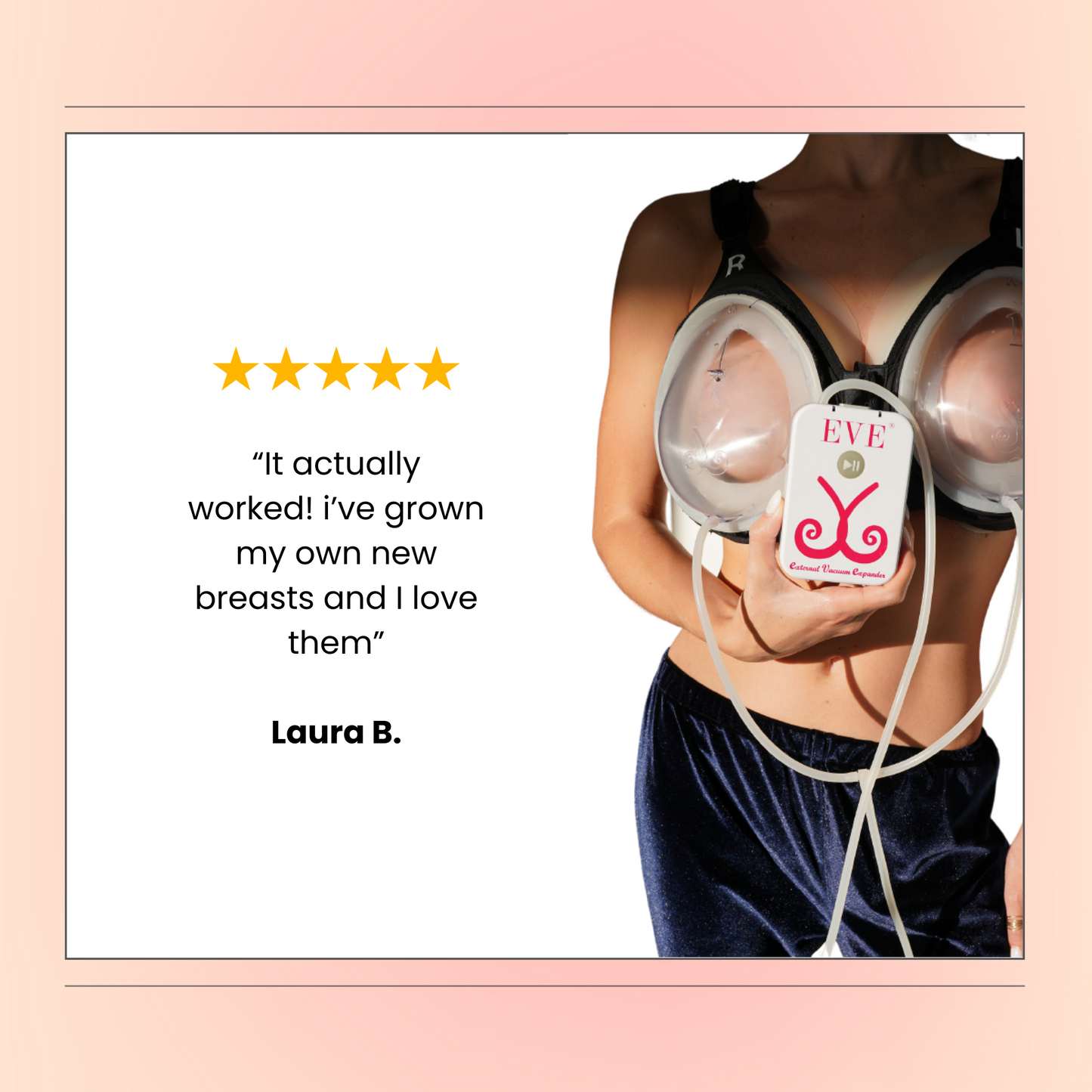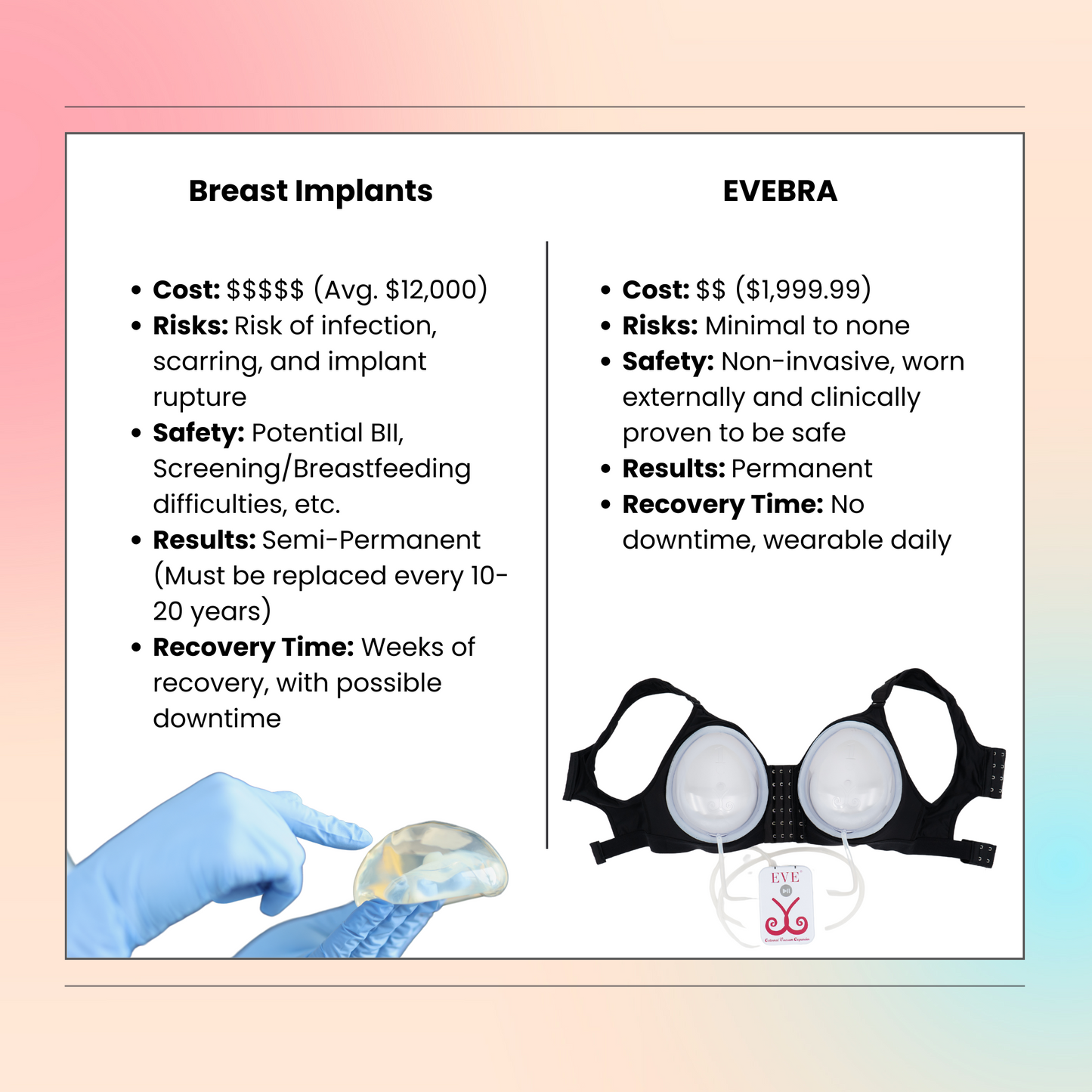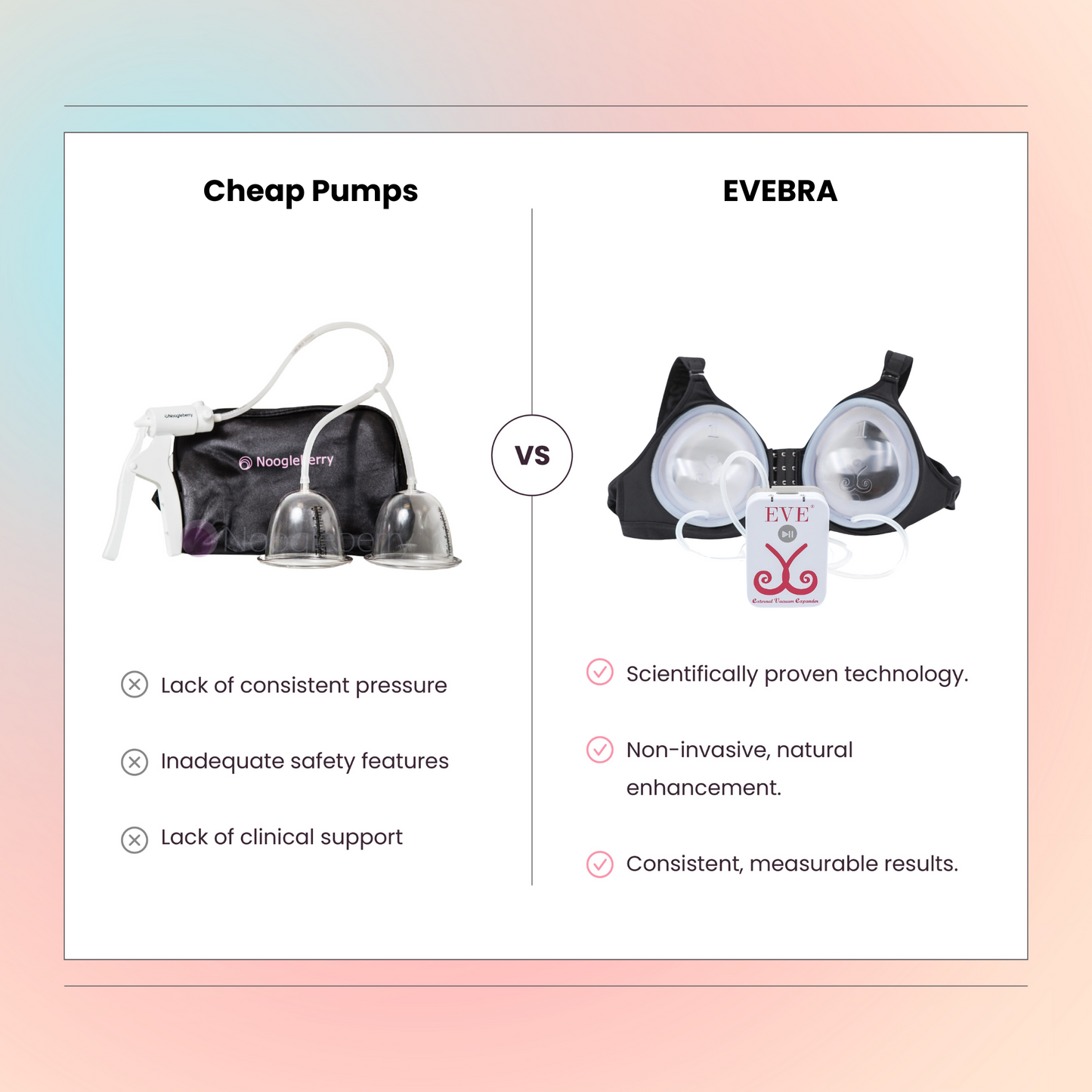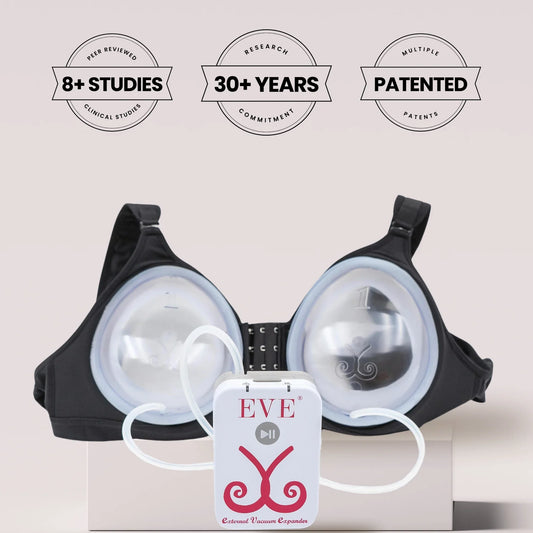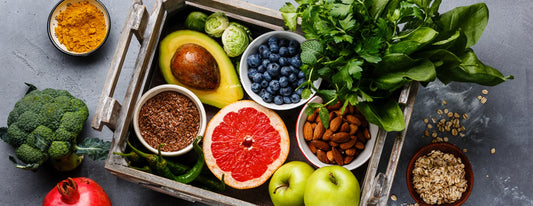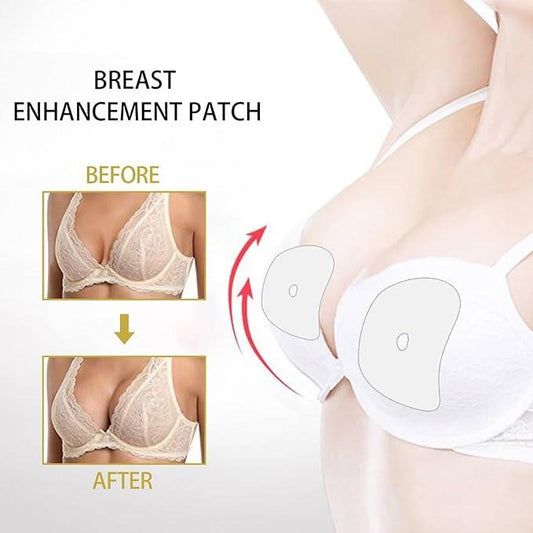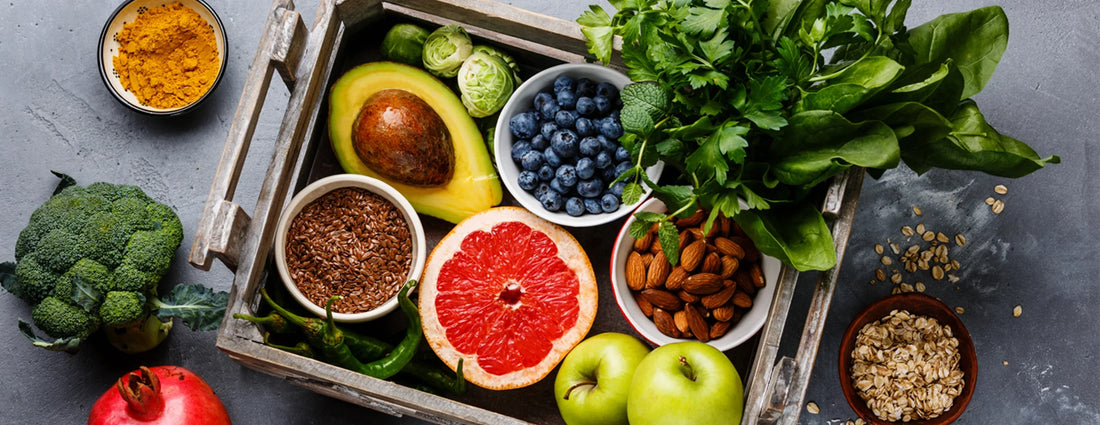
Top Foods to Increase Breast Size in a Week: A Nutritional Guide
Share
Foods to Increase Breast Size in a Week: Myths, Realities, and Healthy Approaches
Introduction: The Quest for Bigger Breasts Quickly
The desire for bigger breasts or enhanced breast volume is common among many women. In today's fast-paced world, the appeal of quick solutions is strong, leading some to search specifically for foods to increase breast size in a week. This article delves into this popular search query, examining the claims, the science (or lack thereof), and the realities of influencing breast size through diet and other methods.
It's crucial to start with a dose of reality: significant, permanent breast enlargement in just seven days through dietary changes alone is biologically implausible. Breast growth is a complex process influenced primarily by genetics, hormones over long periods, and overall body weight and composition. However, let's explore the foods often mentioned in this context, understand their properties, and separate myths from potential influences on breast health and appearance. We will also touch upon natural ways and other methods, including clinically proven options for those seeking genuine breast tissue growth.
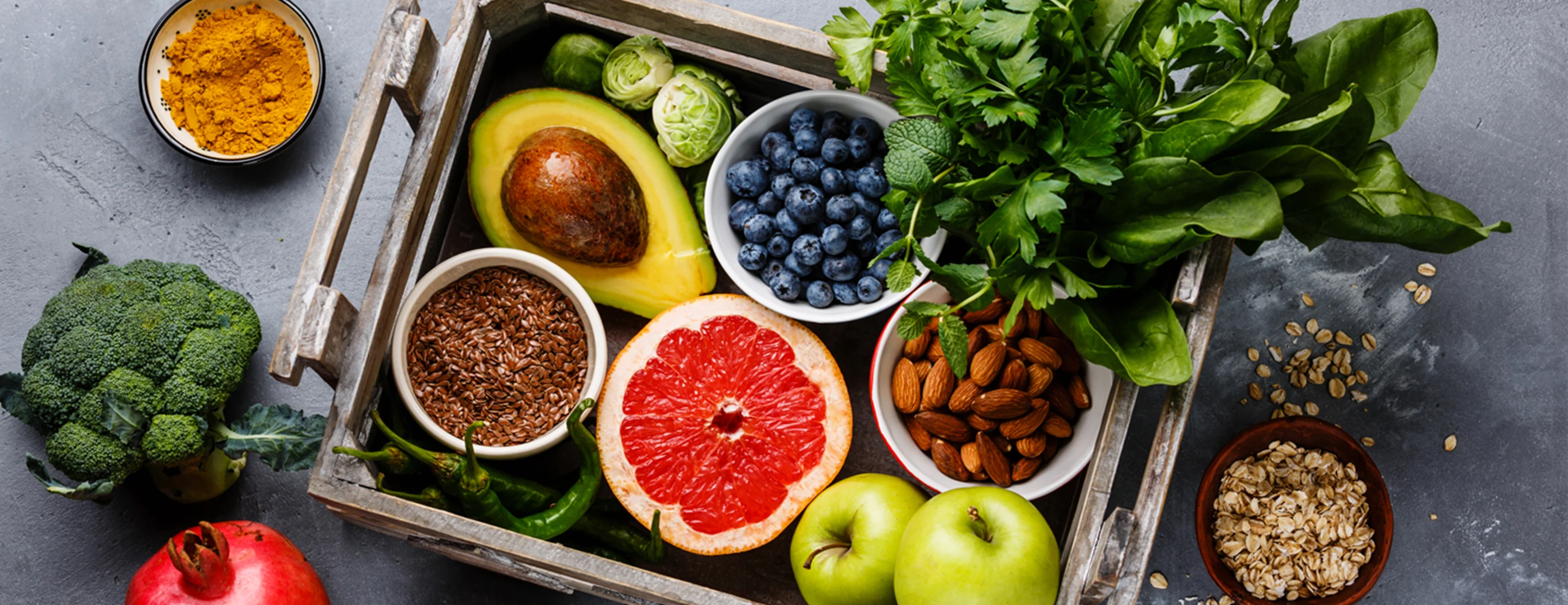
Understanding What Determines Your Breast Size
Before exploring ways to potentially increase breast size, understanding the factors that dictate your current size of your breasts is essential.
The Role of Genetics in Breast Development
Genetics are the primary blueprint for your body shape, including breast size and structure. Your genes determine the potential amount of glandular breast tissue, fat distribution (fatty tissue), and overall bone structure of your chest wall. This genetic predisposition is the most significant factor determining your baseline breast size.
Hormonal Influences on Breast Tissue
Sex hormones, particularly estrogen, play a vital role in breast development during puberty and cause fluctuations throughout a woman's life. Progesterone and prolactin also contribute. These reproductive hormones stimulate the growth of milk glands (milk ducts) and influence fat deposition within the breast tissues.
Impact of Body Weight and Fat Distribution
Breasts contain a significant amount of adipose or fatty tissue. Therefore, overall body weight directly impacts breast size. Gaining weight often leads to an increase in breast volume, while efforts to lose weight can result in a decrease. How much your breasts change with weight gain or loss also depends on your individual fat distribution patterns, influenced by genetics. Maintaining a healthy weight is key for overall well-being.
The Myth: Can Foods Really Increase Breast Size in a Week?
The internet abounds with lists of "breast enlargement foods" promising rapid results. The core idea often revolves around phytoestrogens – plant compounds that mimic the effects of the female hormone estrogen in the body.
Addressing the "In a Week" Claim
Let's be clear: No specific food or diet plan can cause substantial, permanent breast tissue growth in just one week. Biological processes like tissue growth take time, often weeks or months, to manifest measurable changes, requiring consistent stimuli. Claims of dramatic breast enlargement in seven days from eating certain foods are unrealistic and unsupported by scientific evidence.
Phytoestrogens: Hope or Hype?
Phytoestrogens are naturally occurring compounds found in various plants. Because they can bind to estrogen receptors in the body, albeit often weakly, they are frequently cited in discussions about foods to increase breast size naturally. The theory is that they might mimic estrogen's effects and promote breast growth.
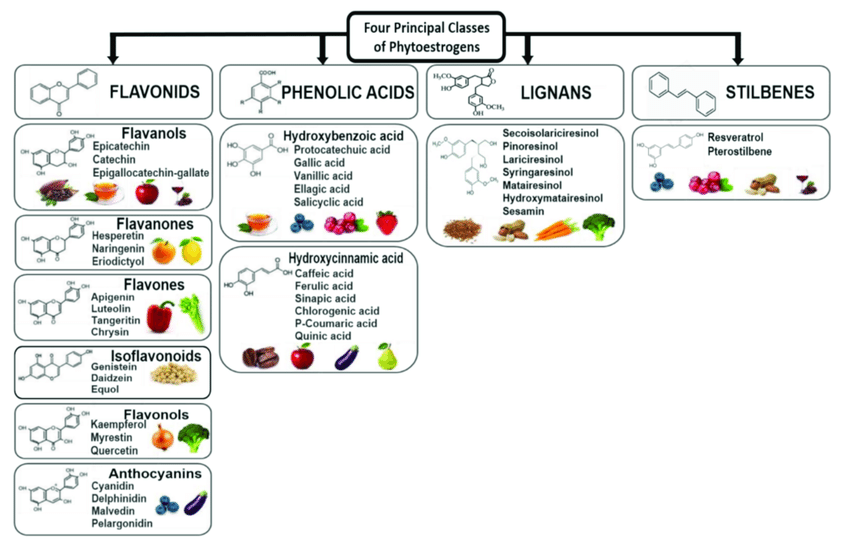
Exploring Foods Claimed to Promote Breast Growth
While rapid growth is a myth, let's examine the natural foods often included in lists of "breast enlargement foods" and understand their actual properties and potential health benefits.
Soy Products: The Phytoestrogen Powerhouse?
Soybeans and soy products like tofu, edamame, and soy milk are rich in isoflavones, a type of phytoestrogen.
Soy Milk and Breast Health
Drinking soy milk regularly is often suggested. While the phytoestrogens in soy milk might have mild hormonal effects, studies on their impact on breast size are inconclusive and show no significant enlargement. However, soy consumption is linked to various health benefits, including potential reduced risk factors for certain conditions, making it a healthy dietary addition for overall breast health. Consuming moderate amounts of soy milk is generally considered safe.
Potential Concerns with Soy
Excessive intake of soy phytoestrogens could potentially interfere with natural hormone balance or thyroid function in some individuals, though moderate consumption is generally safe.
Seeds: Flax, Sesame, and Fennel
Seeds are nutritional powerhouses often mentioned for breast enhancement.
Flax Seeds: Lignans and Healthy Fats
Flax seeds are one of the richest sources of lignans, another type of phytoestrogen. They are also packed with omega-3 healthy fats and fiber, contributing significantly to overall breast health and potentially offering a reduced risk of breast cancer. While they won't cause rapid breast growth, incorporating ground flax seeds into your diet is beneficial.
Sesame Seeds: Nutrients and Claims
Sesame seeds, like flax seeds, contain lignans and beneficial minerals. Claims about sesame seeds directly causing breast enlargement lack scientific backing, but they are a nutritious addition to meals, providing healthy fats and calcium.
Fennel Seeds: Traditional Uses
Fennel seeds contain anethole, a compound with estrogen-like properties. Traditionally used to increase milk production in lactating mothers (due to potential effects on prolactin or estrogen pathways), claims about fennel seeds causing significant breast enlargement in non-lactating individuals are largely anecdotal.
Dairy Products and Hormones
Milk and dairy products contain naturally occurring hormones related to lactation and animal growth, including estrogen and progesterone traces.
Does Drinking Milk Increase Breast Size?
Some suggest that drinking milk, particularly whole milk, might contribute to bigger breasts due to its fat and hormone content. While the hormones in commercially available drinking milk are present in very low amounts and unlikely to have a significant hormonal impact on breast size naturally, the calorie and fat content in whole milk could contribute to overall weight gain, which can increase breast size. This is an indirect effect related to total calorie intake, not a specific property of drinking milk itself causing targeted breast growth.
Dairy and Breast Health
Moderate consumption of dairy products provides essential nutrients like calcium and vitamin D, important for bone health. Some studies show mixed results regarding dairy and breast cancer risk, emphasizing moderation and choosing lower-fat options as part of a balanced diet for optimal breast health.
Healthy Fats: Fueling the Body
Healthy fats are essential for hormone production and overall health. Since breasts contain significant fatty tissue, consuming enough healthy fats is important for maintaining existing breast volume.
Olive Oil: A Mediterranean Staple
Olive oil, particularly extra virgin olive oil, is rich in monounsaturated fats and antioxidants. Including olive oil in your diet supports cardiovascular health and provides essential fatty acids. Claims that applying olive oil topically via breast massage will increase breast size are unfounded, though it can moisturize the skin. Consuming olive oil contributes to overall health but won't specifically target breast enlargement. Aiming for 5-14 servings (tablespoons) per week is consistent with healthy eating patterns.
Fatty Fish: Omega-3 Benefits
Fatty fish like salmon, mackerel, and sardines are excellent sources of omega-3 healthy fats. These fats have numerous health benefits, including reducing inflammation and supporting brain health. While crucial for overall well-being, omega-3s from fatty fish do not directly promote breast growth. Including fatty fish 2-7 times per week is recommended for general health.
Nuts and Avocados
Other sources of healthy fats, like nuts (almonds, walnuts) and avocados, support overall health and provide building blocks for hormones, but won't specifically stimulate breast enlargement. They are valuable components of a diet supporting breast health.
Fruits and Vegetables: Essential Nutrients
Fruits and vegetables are vital for overall health, providing vitamins, minerals, and antioxidants.
Green Leafy Vegetables
While green leafy vegetables like spinach and kale are nutritional powerhouses, they don't contain compounds known to directly increase breast size. Their contribution lies in supporting overall body health and maintaining a healthy weight.
Foods Rich in Vitamin C and E
Foods rich in antioxidants like Vitamin C (citrus fruits, berries) and Vitamin E (nuts, seeds) are crucial for skin health and tissue repair. They support the health of breast tissue but do not cause breast enlargement. Aiming for 3-7 servings of Vitamin C rich foods daily and incorporating 2-7 servings of Vitamin E rich foods weekly is beneficial.
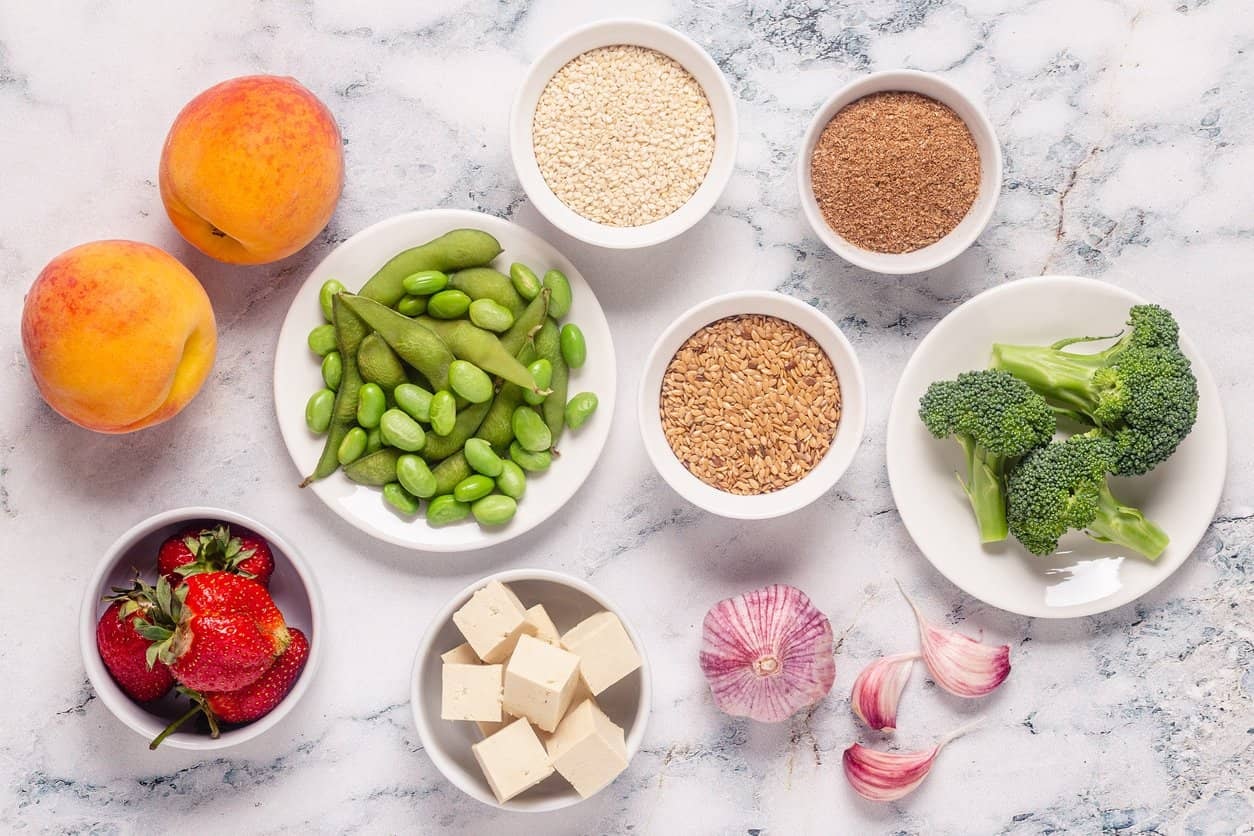
The Importance of Overall Diet and Lifestyle for Breast Health
Rather than seeking specific "breast enlargement foods," focusing on a balanced diet and healthy lifestyle provides the best foundation for overall breast health.
Maintaining a Healthy Weight
Achieving and maintaining a healthy weight through balanced nutrition and exercise is crucial. Significant weight gain or loss will likely affect breast size due to changes in fatty tissue. Avoid crash dieting or rapid gaining weight, as these can negatively impact skin elasticity.
Hydration and Circulation
Staying well-hydrated is essential for all bodily functions, including maintaining skin elasticity and supporting healthy blood circulation. While good blood flow is vital for tissue health, drinking water won't directly increase breast size.
The Limited Role of Exercise in Increasing Breast Size
Exercise is vital for health but its role in breast enlargement is often misunderstood.
Building Pectoral Muscles Underneath
Strength training exercises like push ups and chest press workouts target the pectoral muscles underneath the breasts. Building these chest muscles can provide a firmer foundation, potentially lifting the breasts and making them appear perkier and slightly fuller. You might perform these exercises with knees bent for modification or focus on proper form.
Exercises Won't Grow Breast Tissue
It must be stressed that no amount of chest development exercises will increase the actual volume of glandular or fatty tissue within the breast itself. Exercise enhances the supporting muscles (pectoral and shoulder muscles), not the size of your breasts.

What About Breast Massage?
As mentioned, while often claimed as a method to increase breast size naturally, breast massage lacks scientific evidence for causing breast tissue growth. Gentle massage might improve blood circulation temporarily and can be a tool for self-examination for breast health, but it won't stimulate breast enlargement. Using olive oil for massage primarily moisturizes the skin.
Hormonal Factors Revisited: Menstrual Cycle and Beyond
Hormonal fluctuations naturally affect breast size temporarily.
Menstrual Cycle Changes
During the menstrual cycle, hormonal shifts can cause breast tissues to swell and feel tender, leading to a temporary increase in bra size for some women. This effect subsides as the reproductive cycle progresses.
Birth Control and Hormones
Hormonal contraceptives (birth control pills) can sometimes cause mild, often temporary, breast enlargement as a side effect due to the influence of synthetic sex hormones. This is not a reliable or recommended method for breast enhancement.
Pregnancy and Lactation
Significant breast growth, often resulting in enlarged breasts, occurs during pregnancy and lactation in preparation for milk production. Hormones stimulate the milk glands and breast ducts to develop. These changes are specific to pregnant women and lactating mothers producing breast milk.
The Impact of Bras on Breast Size
The bras women wear bras for support and shape, but do they influence size?
Can a Too Tight Bra Stunt Growth?
Wearing a too tight bra consistently can be uncomfortable and potentially restrict blood flow or lymphatic drainage slightly, but there's no evidence it permanently stunts breast growth or significantly alters long-term breast size. Comfort and proper fit are key for breast health.
Push-Up and Padded Bras
As discussed, padded bras and push up bras are effective tools for visually enhancing breast size and shape, creating the appearance of bigger breasts temporarily. They don't change the underlying breast tissue but can significantly boost confidence.
Evebra: A Science-Backed Method for Actual Breast Growth
Amidst the unfounded claims about foods to increase breast size in a week, it's important to highlight methods with scientific backing for genuine breast tissue growth. Evebra stands out as a clinically proven, non-surgical breast enhancement system.

Harnessing Mechanotransduction for Enlargement
Evebra utilizes the principle of mechanotransduction. By applying controlled, sustained vacuum tension, it gently expands the breast tissues. This mechanical stimulus signals the cells within the breast tissue to proliferate and generate new tissue, including fat deposition. This process results in measurable, lasting breast enlargement.
Gradual Growth, Lasting Results
Unlike the mythical "in a week" promises, Evebra requires commitment over several months. However, the breast growth achieved is real and derived from your body's own natural processes. It offers a way to increase breast size naturally and permanently without surgery or implants. This technology directly addresses the goal to promote breast growth effectively.
Evebra vs. Dietary Myths
While certain foods offer health benefits, none can stimulate breast enlargement rapidly or significantly. Relying on breast enlargement foods is ineffective for changing your cup size. Evebra, conversely, provides a targeted stimulus specifically designed for breast tissue growth, differentiating it as a valid breast enhancement tool. It offers a real path for those wanting bigger breasts naturally.
Surgical Options: When Other Methods Fall Short
For individuals seeking significant and rapid changes in breast volume that diet, exercise, or non-surgical methods like Evebra cannot provide or achieve quickly enough, surgical options exist.
Breast Augmentation Surgery
Breast augmentation with implants is the most common surgical procedure to dramatically increase breast size. It involves placing saline or silicone implants behind the breast tissue or chest muscles.
Fat Grafting and Breast Lifts
Fat grafting uses the patient's own fat for modest breast enlargement. A breast lift (mastopexy) addresses sagging by removing excess skin and repositioning the breast tissues, sometimes combined with augmentation. Consulting experienced surgeons, perhaps at clinics like Barrett Plastic Surgery or similar qualified centers, is essential when considering these invasive options.
Making Informed Choices: Safety, Expectations, and Consultation
When exploring how to get bigger breasts, maintaining realistic expectations and prioritizing health is paramount.
Realistic Expectations are Key
Understand that genetics, hormones, and body weight are the primary determinants of breast size. Rapid changes from diet are not feasible. Focus on long-term health rather than quick fixes.
Prioritizing Breast Health
Incorporate foods rich in vitamins and healthy fats (like olive oil, fatty fish, seeds) for overall breast health and potential reduced risk of breast cancer. Perform regular self-exams and follow recommended screening guidelines.
Consulting Professionals
Before making significant dietary changes, starting intense chest development exercises, trying supplements, or considering surgery or devices like Evebra, consult a healthcare professional or a qualified specialist. They can provide personalized advice based on your health status and goals.

Conclusion: A Healthy Perspective on Breast Size
The desire to increase breast size is understandable, but the notion of achieving significant breast enlargement with foods in a week is a myth. While a healthy diet rich in natural foods, healthy fats, vitamins (Vitamin C, Vitamin E), and potentially including items like soy milk or flax seeds, supports overall breast health, it won't drastically alter your bra size quickly. Exercise can improve the appearance by strengthening underlying pectoral muscles, but doesn't grow breast tissue.
For those seeking genuine, lasting breast growth without surgery, Evebra offers a clinically proven, science-based non-surgical alternative that works with your body over time. For more dramatic changes, surgical options like breast augmentation exist but involve significant considerations. Ultimately, focusing on overall health, body acceptance, and making informed choices based on realistic expectations and professional guidance is the most empowering approach to your breast enhancement journey.

